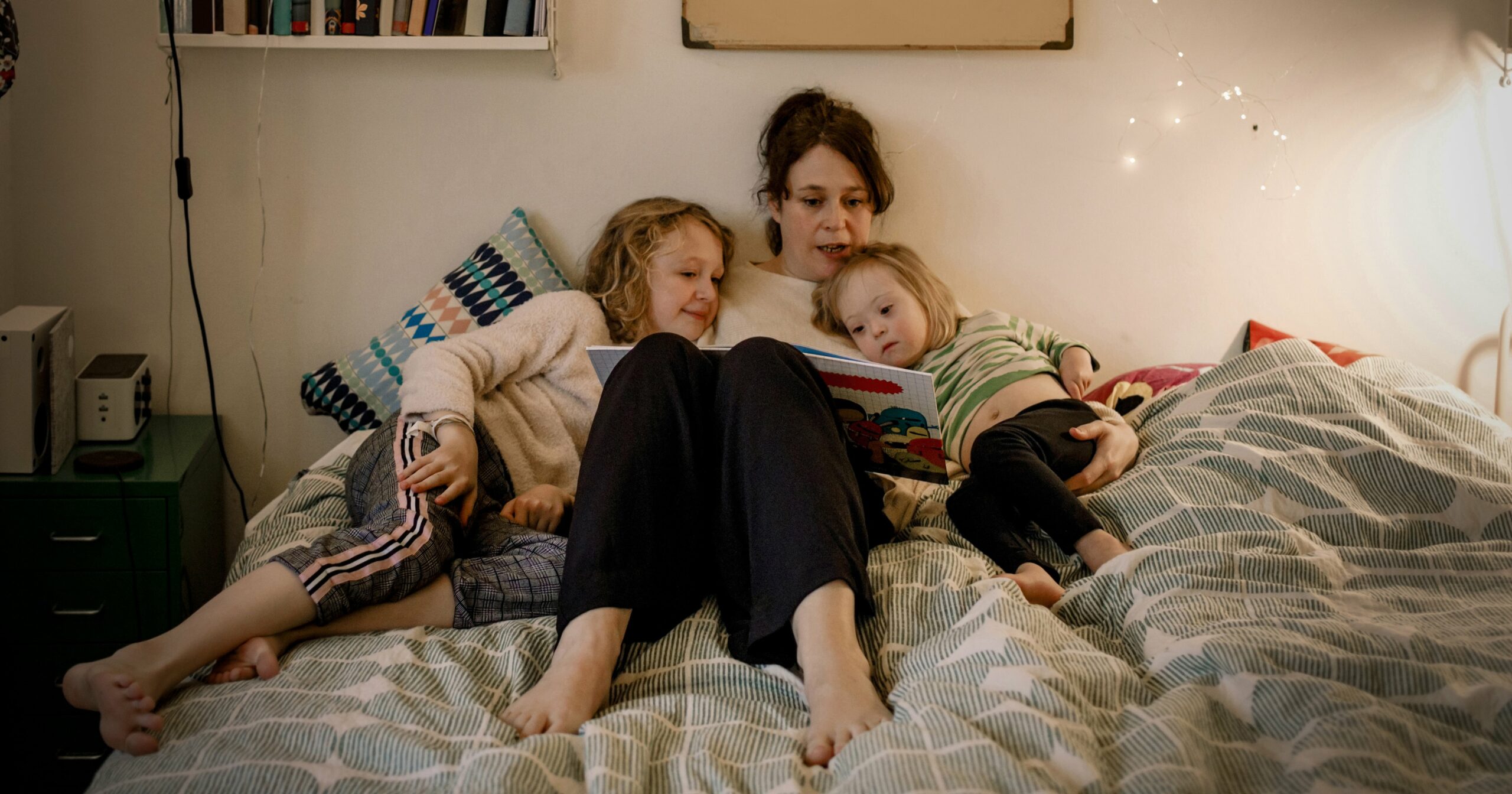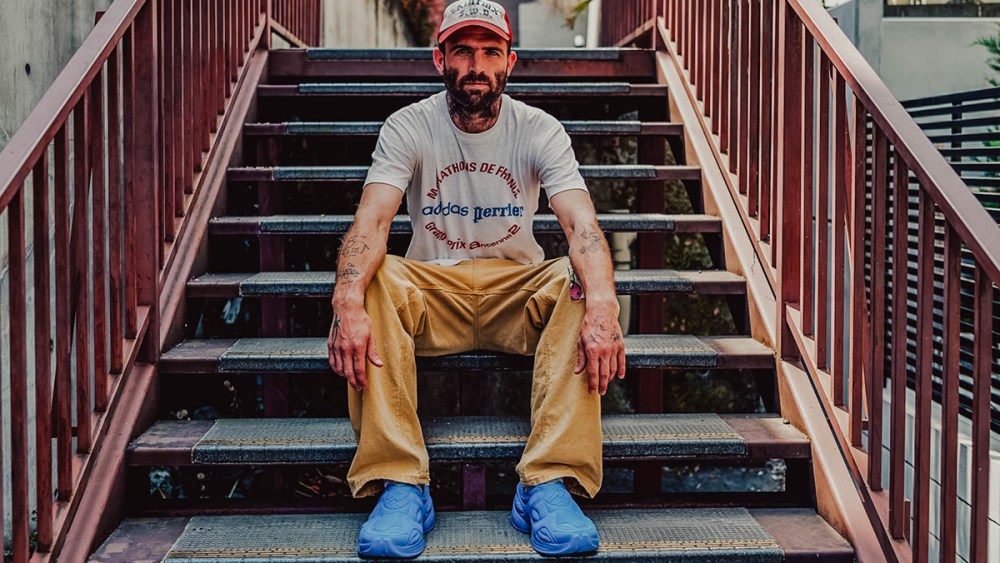Throughout most of recent history, the script for parenthood has been pretty straightforward: get married, bear children, raise children together, take cruise to Aruba, die. But today’s child-rearers have more options than ever before, ranging from different parenting styles and partnerships to IVF and adoption. One major shift from previous generations is that it’s no longer considered a requirement to raise children with a partner, and we’ve seen a rise in solo and single parenting since the 1970s to prove it.
In 1984, March 21 was designated National Single Parents Day, to “recognize the courage and dedication” of single parents. Marriage rates overall dropped nearly 20 percent between 1970 and 2021, according to a report from the Center for American Progress. That same organization also reported that in 2023, one in five US households with children under 18 were run by single mothers. While there are many factors that contribute to these trends, including the increasing financial independence of women, one thing is clear: For a big chunk of Americans, partnered parenting isn’t the only way to go.
Still, there’s not a lot of information about the meaning of single parenting vs. solo parenting, or what it really looks like to raise kids fully on your own. They may sound pretty much identical, but solo parenting and single parenting are different endeavors with different challenges and expectations that can impact parents – and kids – in distinctly different ways.
Here, we break down the difference between solo and single parenting and some important considerations for both.
What Is Solo Parenting?
Solo parenting can look different depending on the situation, but typically it means that one of the parents is out of the picture – on either a permanent or temporary basis – for significant stretches of time. Whether that parent is gone on extended work trips, deployed overseas in the military, or has died, the at-home parent often identifies as a “solo” parent rather than a “single” parent because there’s still a partner in the picture, even if they just exist there spiritually.
But some solo parents, like writer Fiona Grinwald, believe single parenting becomes solo parenting only when there’s no other parent around, even part-time. Grinwald was widowed when her children were six years old and wrote about the transition to solo parenting in a 2017 HuffPost essay.
“Solo parenting – whether by choice or by design or by just damn bad luck ― is something altogether different [than single parenting],” she wrote. “I don’t get every second weekend ‘off’ . . . It’s just me. Some days I actually find myself wishing I had someone to fight with over a particularly difficult decision, rather than having to contemplate all angles on my own.”
While there isn’t a complete consensus about what qualifies as single versus solo parenting – it’s more of an emotional decision to identify one way or another than a hard social category – it’s typically accepted that solo parents assume complete responsibility for the family, usually for reasons out of their control, while single parents may still split that responsibility with another partner.
Solo Parenting vs. Single Parenting
Many single parents share custody of their children with another person, whether that’s an ex or a partner who doesn’t live with them. A solo parent, however, does not typically have that resource at their disposal. A solo parent is the sole caregiver all the time, leading some solo parents to feel insulted by what they deem the misappropriation of the term in certain contexts – like playfully claiming to be a solo parent when your spouse takes a short trip, works long hours, or only does the “fun parent” tasks.
On the subreddit r/workingmoms, for example, one person recently posted that someone becomes a solo parent “when the other parent of their child has abandoned said child or passed away/been incarcerated. Solo parents have many struggles that don’t apply to even single parents and have a very hard time finding understanding and advice for their specific situation.”
Calling yourself a solo parent in the wrong context “diminishes and invalidates what solo parents actually deal with and go through,” that person said, adding that “solo parenting is only a term that was made necessary because of the huge difference there is between the lives of solo parents and single parents.”
Ultimately, not everyone agrees on the semantics of solo versus single parenting, but some solo parents feel their partnerless parenting happened to them, and see single parenting as more of a chosen lifestyle.
The Challenges of Solo Parenting
Single parents face regular discrimination at work, in housing, and from financial institutions, according to the policy group Single Parents Rights, which reported 80 percent of surveyed single parents have experienced some form of discrimination. Since the 1970s, single mothers, particularly women of color, have had to contend with the stereotype of the promiscuous “welfare queen” who wants to take advantage of social services. And while it’s certainly more culturally acceptable to raise children on your own today than it was 40 or 50 years ago, it remains difficult for many reasons.
For one, couples privilege is real, especially when it comes to big financial commitments and tax purposes. Married couples get significant tax breaks and typically have lower tax rates. The IRS has a “qualifying widow(er)” status that widows and widowers with dependent children can select when filing taxes for two years after their spouse’s death, which can be helpful, but financially supporting children on your own can still be incredibly overwhelming.
Also, holding the full emotional, financial, and physical responsibility of child-rearing on only your shoulders is a massive undertaking. Many solo parents didn’t expect to be on their own when they decided to have children, and often didn’t start out alone, making the transition from shared parenthood to solo parenthood especially challenging.
Even partnered parents who can regularly lean on their significant others for support are still facing a mental health crisis. The American Psychiatric Association recently reported that one third of parents overall consistently experience “high levels of stress” compared to just 20 percent of the rest of the population. On top of that stress, Mental Health America says single parents in particular are likely to experience feelings of loneliness, especially around making decisions alone.
But a life without a significant other doesn’t have to mean a life without community. It’s crucial for solo and single parents both to surround themselves with adults they can trust, according to Mental Health America – people they can ask for help and validation.
“Ignore the voice in your head that says people are too busy or don’t want to hear from you,” MHA writes. “No one expects you to know all the answers, especially on your own.” To build up your network, MHA recommends joining the PTA at your child’s school, striking up a conversation with other parents at the playground, or researching some single parent support groups.
Whenever possible, take help when it’s offered, whether from a family member, a trusted friend, or a neighbor. Time for yourself and your needs grows even more scarce when you are the sole provider for your family, and no one knows that struggle better than solo parents.
Emma Glassman-Hughes is the associate editor at PS Balance. Before joining PS, her freelance and staff reporting roles spanned the lifestyle spectrum; she covered arts and culture for The Boston Globe, sex and relationships for Cosmopolitan, travel for Here Magazine, and food, climate, and agriculture for Ambrook Research.




